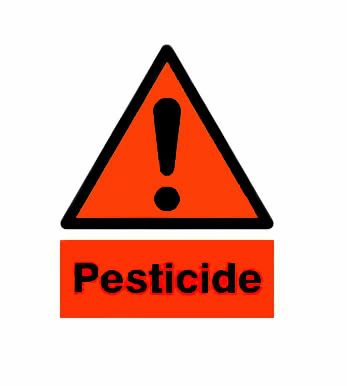A poodle stuck in its crate last week had a visit to the vet who traced the problem to the pet’s spot-on flea treatment.
Residue from the product Advantage, applied between the poodle’s shoulders, dissolved the plastic and caused it to adhere to the dog’s belly.
When the dog wouldn’t come out of its crate the next morning, its concerned owner brought the dog, crate and all, to Dr. Tej Dhaliwal of North Town Veterinary Hospital in Ontario, Canada.
Dhaliwal concluded that benzyl alcohol, an inactive ingredient in Advantage, was to blame.
Bayer Animal Health, maker of Advantage, acknowledged that the flea treatment was the likely culprit and offered to pay the owner’s veterinary bill, compensate him for loss of salary and replace the crate, Dhaliwal said.
Read the whole article at the Veterinary Information Network News but check this out:
Dale Kemery, a spokesman for the U.S. Environmental Protection Agency (EPA), which regulates pesticides including spot-on pet parasiticides, said the agency is considering a new rule to require that manufacturers disclose pesticides’ inert ingredients.
“This increased transparency will assist consumers and users of pesticides in making informed decisions and will better protect public health and the environment,” Kemery said by e-mail. “The Agency anticipates publishing an Advance Notice of Proposed Rulemaking in the Federal Register within the next few months.”
Kemery also encouraged anyone aware of adverse reactions with an EPA-registered product to report the matter to the manufacturer and directly to EPA.
“Manufacturers of pesticide products are required to report to EPA information they receive about potential adverse effects of their products, but reporting to the EPA directly is beneficial because the data we receive from the manufacturers is aggregated by severity category, and the report of an individual incident that we receive directly may provide more details initially that could lead to a follow-up by EPA with the manufacturer,” Kemery said.
Meanwhile, we are still waiting on the EPA to release their findings in the flea product spot-on after this year’s advisories and meetings with flea product manufacturers.
Just a reminder, commercial flea products are pesticides–chemicals that have some pretty scary warnings on the labels. If you haven’t purchased Flea Control Secrets yet, be sure to at least subscribe to the ecourse using the form to your right.
 Counterfeit flea treatment products are suspected to be contributing to the adverse reactions being reported by pet owners after using flea treatment products.
Counterfeit flea treatment products are suspected to be contributing to the adverse reactions being reported by pet owners after using flea treatment products.
